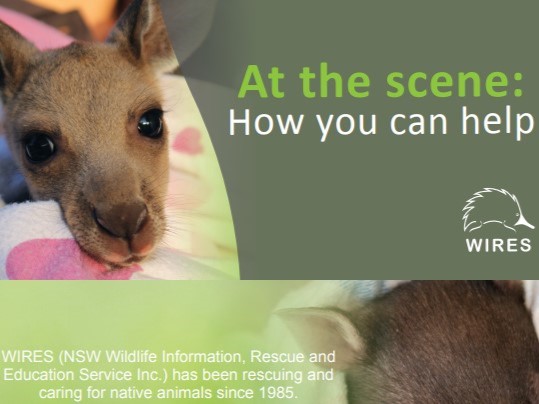Autistic people need to be actively involved in future research and don’t want it to focus on a cure or behaviour management.

Dr Ruth Monk, Dr Larah van der Meer, Associate Professor Laurie McLay and Dr Lisa-Marie Emerson came together to share the findings from their study that asked Autistic people and the autism community what specific research they would like to see in Aotearoa.
Sustainable Development Goal (SDG) 3 – Good Health And Well-Being
Their call comes in a just-completed study by the University of Canterbury that asked Autistic people and the autism community what specific research they would like to see in Aotearoa in the coming decade.
It’s hoped the report will inform future autism research, and funding decisions in New Zealand.
Dr Lisa Marie Emerson, a senior lecturer in Child and Family Psychology, says the study’s findings highlighted that there is not enough New Zealand specific autism research available.
“What often happens is that we take research conducted in other countries, and then apply it here. Autism research needs to be relevant to Autistic people in Aotearoa, their needs and preferences.
“A lot of funding goes to biological research about autism. But no one had asked Autistic people if this research is important or relevant to them and their lives.
“There was a clear call for understanding the health, mental health and wellbeing needs of Autistic people, and a specific understanding of the needs of the population in Aotearoa New Zealand.
“The Autistic community also told us that they did not support cure-related research, or behaviour management research.”
Dr Emerson wasn’t surprised by the key findings.
“They echo the known problems with how we currently support and accept Autistic people in our society. There is poor access to mental health supports for Autistic people, and a strong bias towards early intervention. But what about Autistic adults, and young people? There needs to be improved supports available that are accessible and relevant to Autistic people across the lifespan.”
The study identifies four broad areas identified for future research:
1) Determining the needs of Autistic people
2) Design, development and implementation of effective supports and services
3) Understanding the perspectives and experiences of Autistic people throughout their lives
4) Creating inclusive communities, which focus on improving the structures and environments in society, such as education and workplace settings.
A full public report of the project will be available later this year.
Lisa is establishing the Autism Research Collaborative (ARC) at the University of Canterbury, with co-investigator Associate Professor Laurie McLay. The ARC will drive for change in autism research in Aotearoa.
The collaborative will support community inclusion in its research through the Autistic Research Partnership, a group of autistic people who will influence research strategy, designs and outputs.







